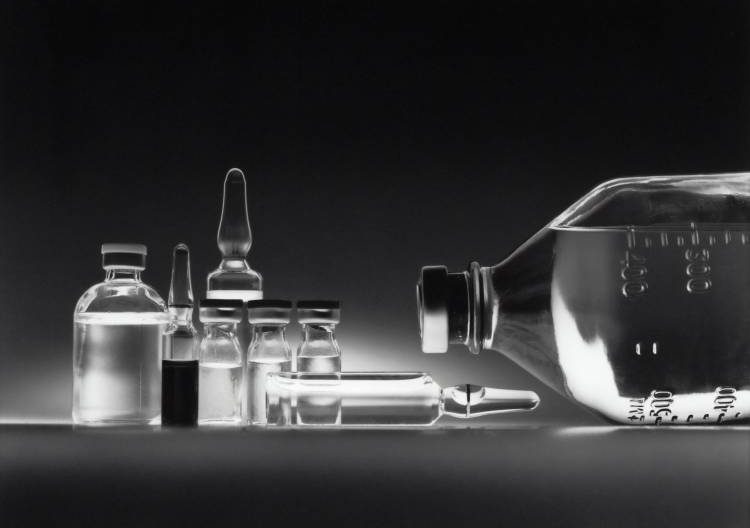
Changes in NMC regulations: The regulations pertaining to medical education and the medical profession, which were put on hold, may soon make a comeback, albeit in a watered-down form. Recently, the National Medical Commission (NMC) mandated that medical professionals should prescribe only generic names in prescriptions, eschewing brand names. However, this move faced vehement opposition from the medical community, prompting them to seek a reversal of these rules. Consequently, the NMC temporarily suspended the proposed regulations, asserting that they would not take effect until further notice.
Generic drugs are estimated to cost up to 80% less than their branded counterparts. The NMC rationalised that prescribing generic medications could potentially reduce healthcare expenses in a nation where nearly 70% of out-of-pocket healthcare expenditures are allocated to medicines.
READ | India puts Global South on top of G20 agenda
In addition to the mandate for using generic names in prescriptions, the latest NMC rules also prohibit registered medical professionals and their families from receiving any gifts, travel arrangements, hospitality, cash or monetary grants, consultancy fees, or honorariums from pharmaceutical companies, medical device manufacturers, or corporate hospitals, under any circumstances. The NMC is also seeking to prevent registered medical professionals from participating in seminars sponsored by pharmaceutical companies.
While the government believes that medical professionals are influenced by pharmaceutical companies offering gifts and financial incentives, medical professionals are disheartened by these restrictions. The Indian Medical Association (IMA), the apex body representing Indian medical professionals with approximately 400,000 doctors, has held discussions with senior government officials on this matter.
The argument put forth by the medical community is that the most crucial aspect of any drug is its Bioequivalence (BE) and Bioavailability (BA). Moreover, innovator products must continuously demonstrate their safety, clinical efficacy equivalence, and cGMP compliance to ensure a consistent supply. This level of assurance may not be provided by all generic drugs, potentially compromising safety. Doctors and pharmaceutical companies also contend that there may be quality issues with generic drugs due to the lack of uniform drug quality standards among the 10,000-12,000 pharmaceutical units in the country.
Medical professionals have also highlighted the government’s failure to fund ongoing medical education activities in the country. In contrast, pharmaceutical companies and hospitals often invest time and resources to enhance public knowledge and information. Therefore, professional associations are considered the most suitable entities to assume this responsibility on behalf of patients.
In a letter to the health minister, the IMA has proposed that the government allow professional associations to utilise pharmaceutical funding for continuing medical education (CME) sessions and educational/research activities in a transparent and legitimate manner, while also making digitalisation an optional but encouraged practice.
The Other Side of the Coin
However, there is another perspective to consider, shedding light on the darker aspects of the relationship between medical professionals and pharmaceutical companies. This mutually beneficial relationship often comes at the expense of patients, which has left patient advocacy groups deeply concerned about the potential dilution of regulations.
The NMC regulations were designed to instil a more responsible prescribing culture and promote more rational treatment approaches. Opponents of diluting these regulations believe that doing so would be a significant setback. Industry insiders anticipate that the regulations will be reintroduced, albeit in a modified form, within the next month or two.
Seeking Common Ground
While it is true that many drugs are priced higher due to their brand recognition, industry insiders argue that mandating generic drugs may not be the most effective solution. This is because, aside from medical professionals, chemists also play a role, often choosing the brand regardless of the doctor’s prescription.
Instead, the NMC is considering allowing doctors to include brand names alongside generic names while prohibiting third-party sponsorship of events. This move would set the stage for the Uniform Code of Pharmaceutical Marketing Practices (UCPMP) to become a statutory requirement.
The medical industry also suggests that the government should devise a cost-based formula for determining drug prices. Improving the quality of generic drugs and making them a viable alternative to branded drugs could be a step in the right direction. Additionally, if the primary concern is to control costs, the National Pharmaceutical Pricing Authority must implement price caps to prevent excessive price hikes by major pharmaceutical brands.
